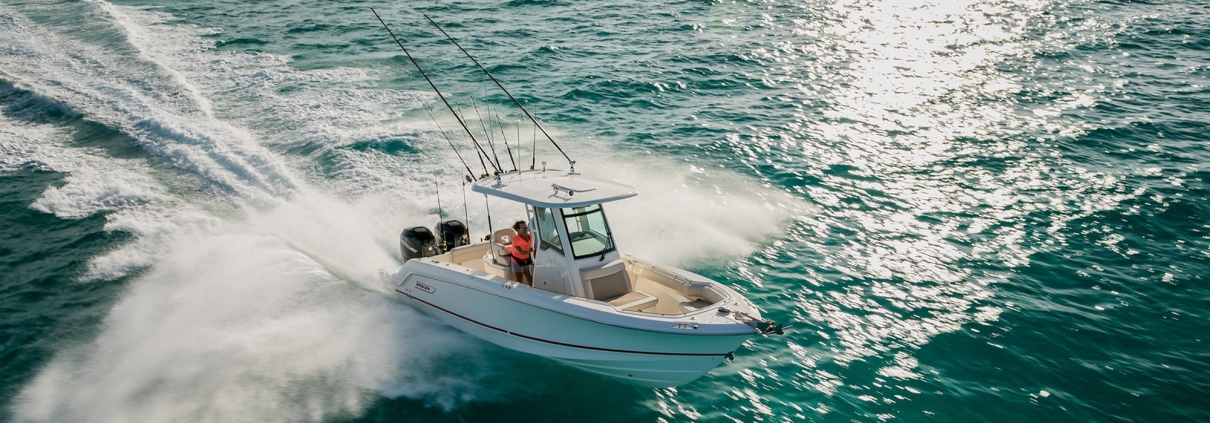AGM Marine Batteries: What Boaters Need to Know for Reliable Onboard Power
- Why Choosing the Right Marine Battery Matters
Reliable power is critical for any boat. From running trolling motors and fish finders to keeping navigation lights and communication systems active, your battery is the backbone of onboard operations. Among the most common options, AGM marine batteries are widely used for deep-cycle applications, offering a balance of performance, convenience, and cost-effectiveness.
This article goes beyond basic specifications to provide insights into real-world usage, maintenance, system integration, and future trends, helping boaters make informed decisions.
- How AGM Marine Batteries Work
AGM (Absorbent Glass Mat) batteries use a fiberglass mat to hold the electrolyte, making them sealed, maintenance-free, and spill-resistant. Unlike traditional flooded lead-acid batteries, AGM batteries can deliver steady power over long periods, making them suitable for deep-cycle applications.
Deep-Cycle AGM vs. Starting Batteries:
| Feature | AGM Deep-Cycle | Starting Battery |
| Primary Use | Continuous power for onboard systems | Short bursts to start engine |
| Discharge | Can safely discharge 50%+ repeatedly | Not designed for deep discharge |
| Cycle Life | Longer under deep cycles | Shorter if deeply discharged |
| Weight | Heavy | Heavy but less critical for short bursts |
AGM batteries are particularly effective for boats with moderate power needs and intermittent usage, but their performance can vary based on environmental conditions and usage patterns.
- Advantages of AGM Marine Batteries
- Stable Deep-Cycle Performance: Ideal for running trolling motors, fish finders, and onboard electronics for hours.
- Maintenance-Free and Spill-Proof: Sealed design prevents leaks and corrosion.
- Low Self-Discharge: Can retain charge during seasonal storage.
- Widely Available and Cost-Effective: Lower upfront cost compared to lithium alternatives.
- Durability in Rough Conditions: Resistant to vibrations and shocks typical in boating.
- Limitations of AGM Marine Batteries
- Weight: Heavier than lithium alternatives, which can affect vessel speed and handling.
- Cycle Life: Limited when frequently deeply discharged.
- Charging Speed: Slower charging compared to lithium batteries.
- Performance in Extreme Conditions: High temperature or high humidity can reduce capacity.
- Potential for Sulfation: Prolonged undercharging can lead to permanent capacity loss.
- Real-World Usage Scenarios
Different boats, different demands:
- Sailboats: Lower propulsion demands, mostly used for electronics and lighting. AGM batteries often sufficient.
- Trolling and Fishing Boats: Require consistent deep-cycle power for motors and fish-finding equipment; AGM may limit runtime during long trips.
- Recreational Powerboats / Yachts: Combination of propulsion, lighting, and onboard systems; AGM adequate for occasional trips but may underperform for extended use.
- Commercial or Fleet Boats: Frequent usage and higher energy demands; AGM batteries may degrade faster.
Seasonal variations also affect performance: winter storage may require maintenance charging to avoid capacity loss, whereas summer high-temperature operation can reduce lifespan.
- Optimizing AGM Battery Performance
Proper maintenance can extend AGM battery life significantly:
- Avoid Deep Discharge: Staying within recommended DoD preserves cycles.
- Use Compatible Chargers: Prevent overcharging or undercharging, which accelerates degradation.
- Temperature Management: Avoid prolonged exposure to extreme heat or cold.
- Regular Inspections: Check terminals for corrosion and clean as needed.
Comparatively, lithium batteries are less sensitive to deep discharges and require minimal maintenance, making them appealing for high-demand or frequent-use scenarios.
- Performance Metrics and System Integration
- Discharge Curves: AGM batteries deliver steady voltage initially but drop more quickly under high loads than lithium.
- Energy Density vs Weight: Lithium offers higher Wh/kg; AGM adds weight that affects boat handling.
- Integration with Boat Systems: AGM batteries work well with chargers, inverters, and generators designed for lead-acid, but frequent high-load use can stress the system.
Pro tip: Match battery size and number with total onboard load, and consider parallel connections for extended capacity.
- Considering an Upgrade: Who Might Benefit from Lithium
Most recreational boaters will find AGM batteries sufficient for short trips. However, some users may benefit from lithium alternatives:
- High-Load Users: Boats with large trolling motors, multiple electronics running simultaneously, or long-distance/high-speed trips. AGM batteries may experience reduced runtime and shorter cycle life under these conditions.
- High-Frequency Use Boats: Vessels used daily or almost daily, such as commercial fishing boats, day-use recreational boats, or small fleets operating on lakes or rivers. Frequent deep discharges shorten AGM lifespan.
For boaters in high-load or high-frequency scenarios who want extended runtime and faster recharge, our 12V LiFePO₄ Marine Battery provides reliable onboard power without compromising performance.
Related Reading:
- Deep Cycle Marine Battery – What You Need to Know for Reliable Onboard Power
- Lithium Marine Starting Batteries – What Experienced Boaters Should Know Before Buying
- Cost and Investment Considerations
- AGM Batteries: Lower upfront cost, moderate cycle life, higher maintenance if frequently used.
- Lithium Batteries: Higher initial investment but longer lifespan, faster charging, lighter weight, and less maintenance.
- Decision Tip: Evaluate your usage frequency, load demands, and desired lifespan to choose the optimal solution.
- Common Misconceptions
- “AGM can be deeply discharged repeatedly without harm” – false; frequent deep discharge reduces lifespan.
- “AGM requires zero monitoring” – false; proper charging and occasional inspections are needed.
- “Lithium is always better” – depends on your use case; for occasional or low-load boating, AGM is often sufficient.
- Conclusion
AGM marine batteries remain a reliable, cost-effective choice for most recreational and mid-range boating applications. For boaters with high-load demands or frequent use, lithium batteries offer advantages in weight reduction, faster charging, and extended cycle life. Selecting the right battery ensures safe, reliable, and enjoyable time on the water.


